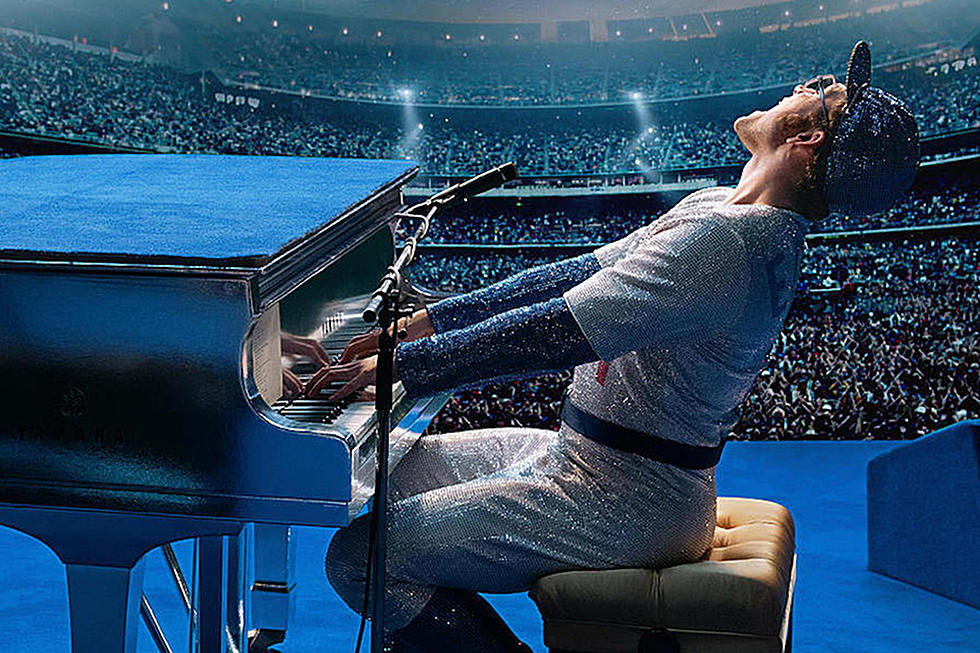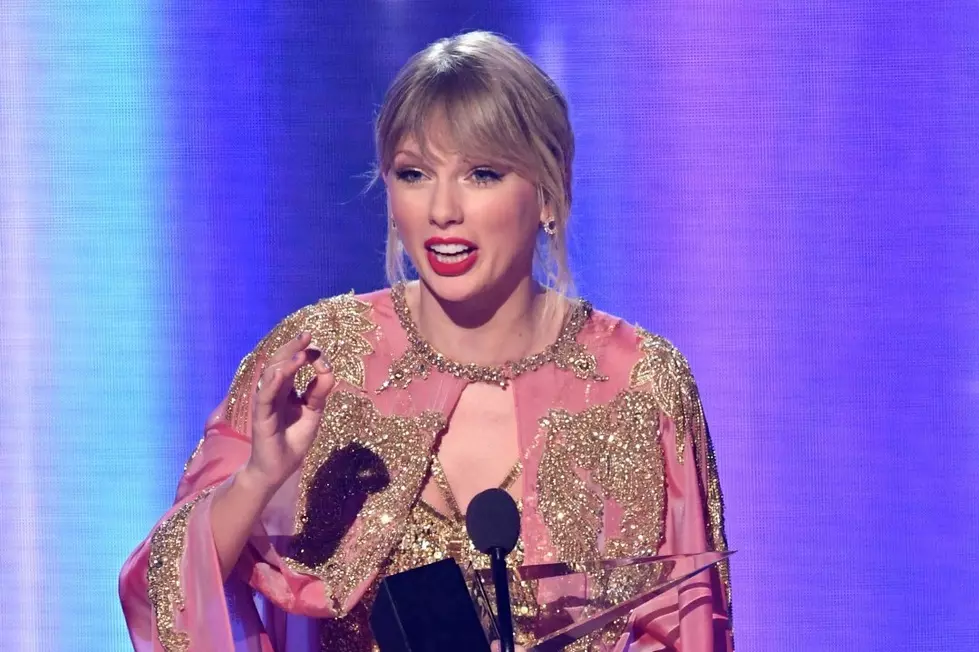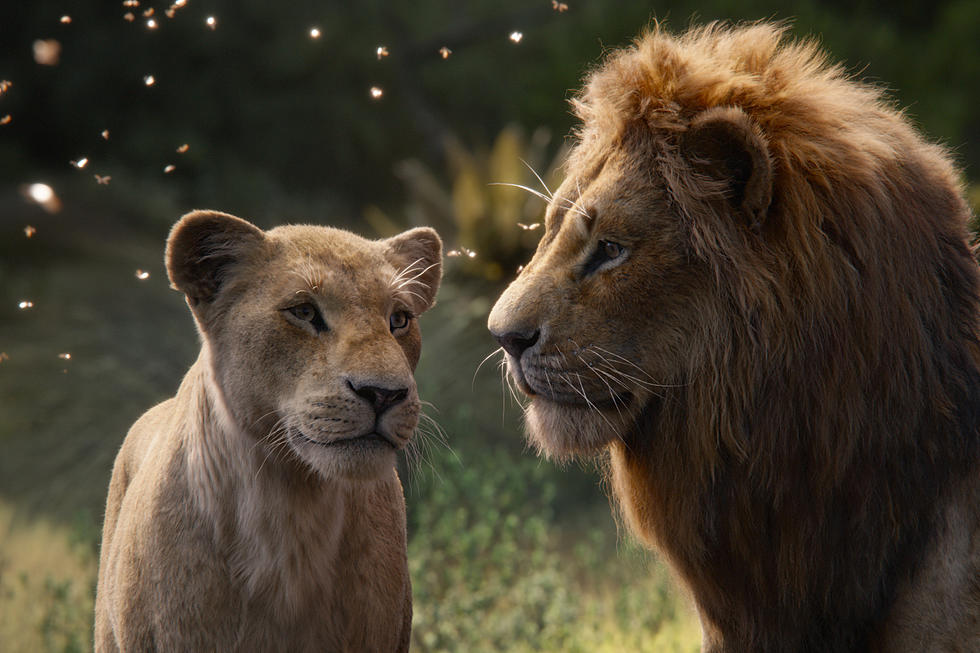
‘Rocketman': Movie Review
One day, movie historians will look back at music biopics and divide them into the BBR and ABR eras.
Bohemian Rhapsody, the 2018 film about Freddie Mercury and Queen that wowed audiences, left critics cold and managed to snag an Academy Award for star Rami Malek, reset the rules going forward. Its huge box-office profit helped, but so did its story about a shy, gay man in '70s England remaking himself as a rock 'n' roll superstar. Suddenly, it seemed like every other artist who had to overcome a hurdle, big or small, to make it big was getting their tale greenlighted.
Rocketman, a music biopic based on the early life of a shy, gay man in '70s England who remade himself as a rock 'n' roll superstar, follows a similar template – which, let's face it, has been around ever since Hollywood found gold in "Yankee Doodle Dandy" composer George M. Cohan's life story way back in 1942, the same year he died; Bohemian Rhapsody merely dusted off the cobwebs for a new generation. But by calling itself a "musical fantasy about the fantastical human story of Elton John's breakthrough years," rather than a standard biopic, Rocketman is able to take liberties with certain aspects of John's life – like timelines, narratives and facts.
So instead of boring us with the formative early days of Reginald Kenneth Dwight as he transforms himself into Sir Elton Hercules John, the film builds showy musical set pieces around key moments from his life – like meeting life-long songwriting partner Bernie Taupin (portrayed by Jaime Bell), playing Dodgers Stadium and a suicide attempt – as star Taron Egerton belts out his own versions of John's classic hits. Even the early scenes that deal with John's childhood turn into flashy musical showpieces, though these early narrative setups are the least interesting part of the movie because they most resemble what's expected from a biopic.
As with Bohemian Rhapsody, Rocketman's musical scenes bring the movie to life. But only in bigger, grander and flashier fashion, as you'd expect from someone like John, who racked up a half-dozen No. 1 singles and seven No. 1 albums in the '70s and serves as an executive producer on Rocketman. The movie begins in the early '90s, when an exhausted John checks into rehab and looks back at his rise from a couple of decades earlier while sharing his story with other addicts.
It's all flash and fantasy from there, as Rocketman soars from one scene to another, essentially telling John's story like an old-school Hollywood musical, with elaborate scenes – like the one where he levitates above his piano during his breakthrough performance at Los Angeles' Troubadour, or the one where a carnival crowd breaks into a perfectly choreographed dance staged around "Saturday Night's Alright for Fighting" – pushing along the narrative. The movie asks audiences to suspend belief, and to forget some of the things they know abut John, for the duration of the ride.
Doing so ups the fun. Yeah, "Crocodile Rock" shows up a couple years before it was written, and certain events are streamlined or combined to get the narrative rolling, but everything is presented with so much glitz and sparkle that it hardly matters. The movie is a celebration of a life in music.
That doesn't mean darker moments are glossed over. John's fractured relationship with his distant parents is credited as inspiration for both his creative drive and self-destructive habits. And his tendency to compensate for his emptiness, fears and doubts with excessive amounts of drugs and alcohol. That, along with the pressure of his increasing fame, leads to some of Rocketman's most despairing scenes.
But ultimately it's an uplifting story – one of survival, celebrity and great music that director Dexter Fletcher (who also worked on Bohemian Rhapsody) pulls off with style. While you sometimes wish to hear John's original versions of the classic songs rather than various supporting characters singing them, most sequences are wrapped in such exuberance and splendor that it's easy to get lost in them.
Fletcher stages John's big life moments as the movie's big moments: writing "Your Song" with Taupin, rising to fame via a "Honky Cat" montage, trying to kill himself during an elaborate "Rocket Man" sequence, that career-making Troubadour scene. And Egerton, whose musical sequences are spot-on, ably conveys the range of emotions he's asked to go through: despair, joy, rage and frustration, among them.
Still, there's no doubt the music is the real star here. It's there to set scenes, moments and emotions; it pulls together the narrative better than any dialogue or standard story structure. Taupin's lyrics, in fact, are often used as dialogue.
All this makes Rocketman mawkish at times. The closing rehab scene, complete with an "I'm Still Standing"-inspired monologue that sums up pretty much everything we've just seen, seems particularly touched by the hand of executive producer John. And whenever people aren't singing or dancing onscreen, the movie lags. So, Rocketman won't stir music biopics the way Bohemian Rhapsody did, but it's a more innovative, entertaining and better film, even if you already know the best parts from the records.
Everything You Wanted to Know About the 'Rocketman' Movie
More From 92 Moose










